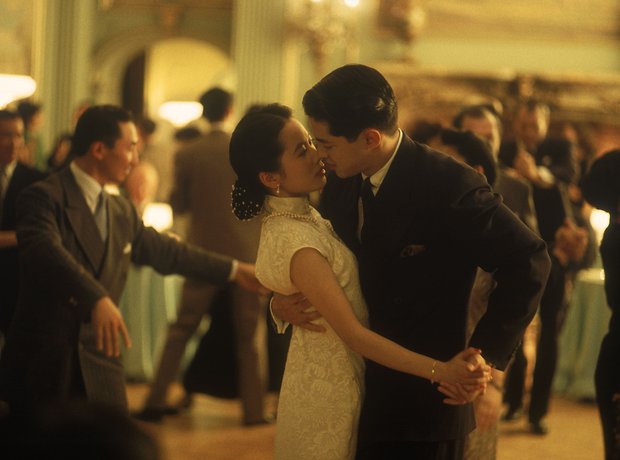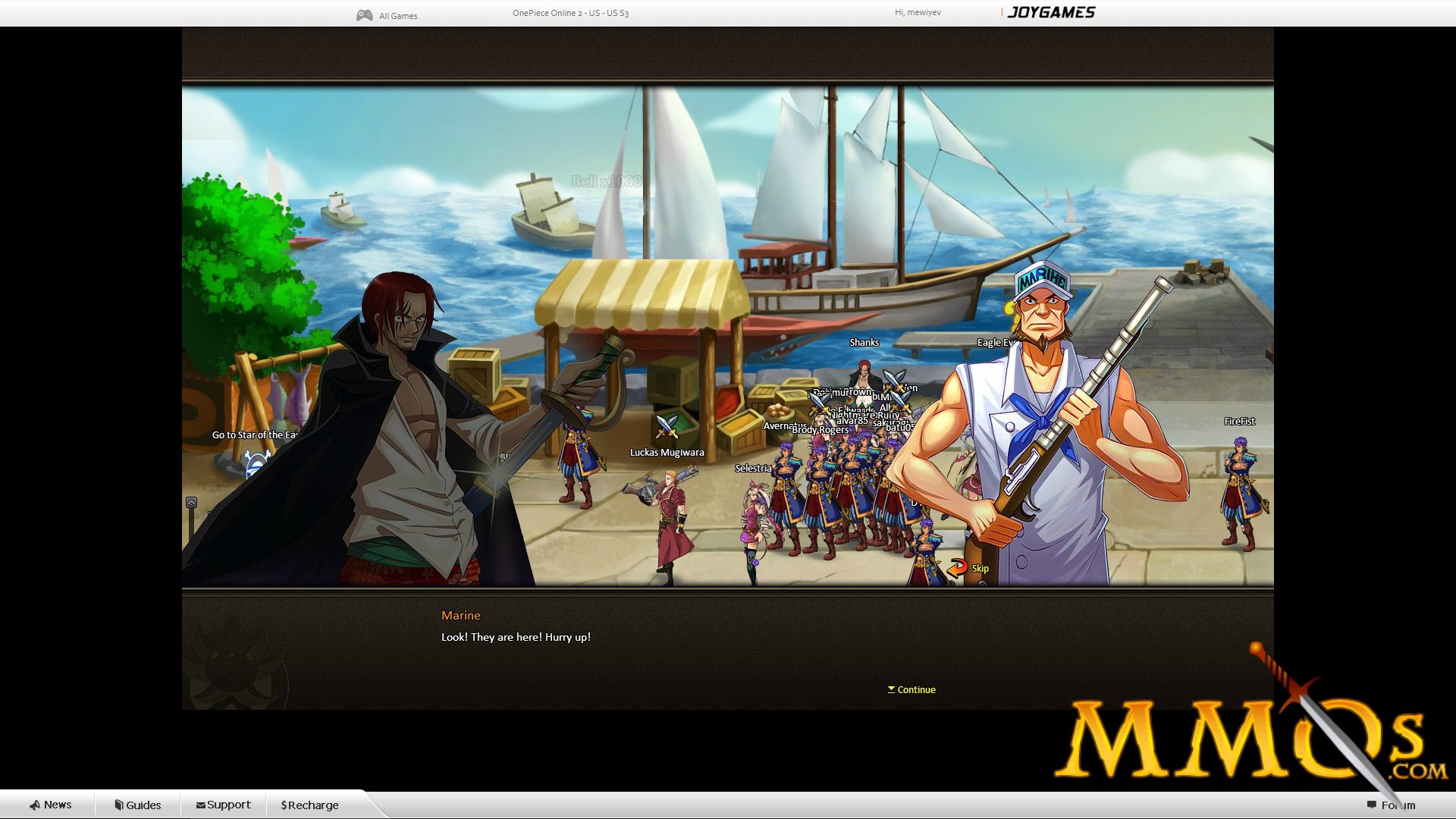
With 'The Joy Luck Club', you get a mother/daughter story times ten, as it goes in and out of flashbacks from previous generations. There have been many films dealing with family relationships such as a father/son storyline or mother/daughter plots and vice-versa. Based on the Amy Tan novel from which she wrote the screenplay, and with the help of executive producer Oliver Stone, director Wayne Wang captivated audiences world-wide with this sensational story. The Joy Luck Club was inspired by Amy Tan's own relationship with her mother and the stories she heard told about China however, the novel is a fictional work with some autobiographical elements.It's hard to believe that 'The Joy Luck Club' film is over twenty years old.

Tan is an astute storyteller, enticing readers to immerse themselves into these lives of complexity and mystery. Mothers boast or despair over daughters, and daughters roll their eyes even as they feel the inextricable tightening of their matriarchal ties. As each woman reveals her secrets, trying to unravel the truth about her life, the strings become more tangled, more entwined.

With wit and sensitivity, Amy Tan examines the sometimes painful, often tender, and always deep connection between mothers and daughters. Or to prolong what was already unbearable." Forty years later the stories and history continue. "To despair was to wish back for something already lost.

Rather than sink into tragedy, they choose to gather to raise their spirits and money. United in shared unspeakable loss and hope, they call themselves the Joy Luck Club. In 1949 four Chinese women, recent immigrants to San Francisco, begin meeting to eat dim sum, play mahjong, and talk. Four mothers, four daughters, four families whose histories shift with the four winds depending on who's "saying" the stories.


 0 kommentar(er)
0 kommentar(er)
